How to Eat When You Have Trouble Breathing


Eat Well to Stay Strong
Food is the fuel your body needs to do all kinds of things, including breathe. If you have chronic obstructive pulmonary disease (COPD), eating can be tiring. It takes oxygen to chew and digest food, and that’s in short supply. Your breathing problems also may zap your energy and keep you from preparing healthy meals. But it’s especially important for you to eat well, so you can stay strong and avoid infections.
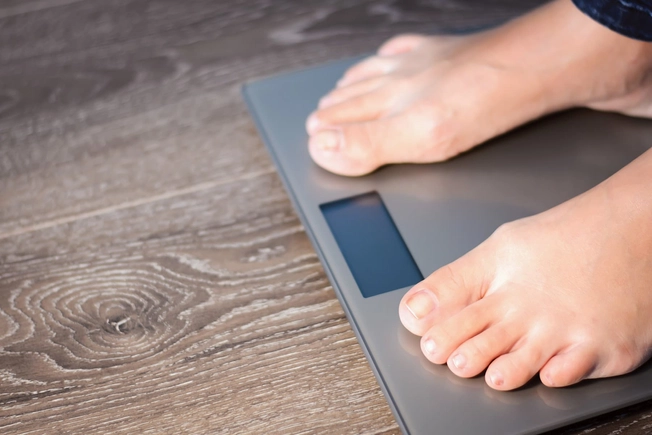
Watch Your Weight
If you’re overweight, your heart and lungs have to work harder. If you’re underweight, your body won’t have the strength it needs to fight off infections. Your doctor can tell you what’s right for you and help you come up with a diet and exercise plan to get there or stay there.

Eat More Often
When you eat large meals, your stomach puts pressure on your lungs and diaphragm, and that makes it harder to breathe. Instead of three large meals a day, have five or six smaller ones. That also will give you a constant stream of energy so you don’t get as tired.
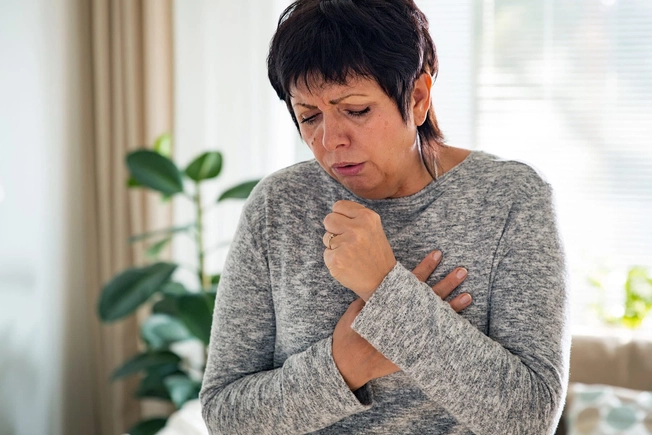
Clear Your Airways
If you’re short of breath while you eat, clearing mucus from your lungs an hour before mealtime will help. To do that, you might try controlled coughing, which loosens mucus and moves it through your airways. Another option is postural drainage, which involves lying in different positions to drain mucus from your lungs. If those don’t work, you might try chest percussion -- tapping your chest and neck to loosen the mucus in your lungs.

Get Some Rest
If you tend to get tired while you eat, take a short nap beforehand. That can give you the energy you need to make it through the meal. But while you may be tired after you eat, don’t lie down for at least 30 minutes afterward. That can make it harder for your body to digest food.
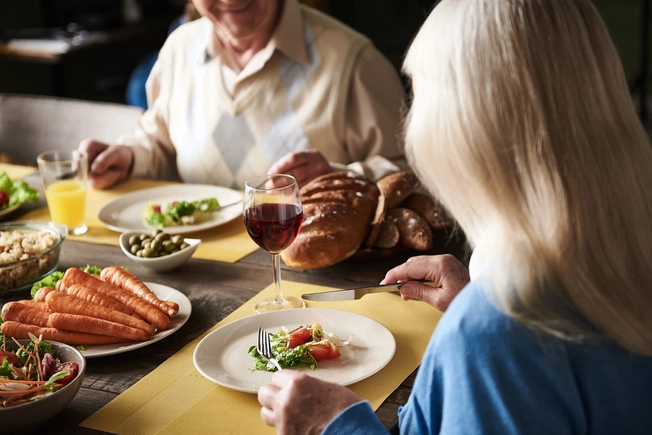
Sit Up Straight
Reclining or slouching can put pressure on your lungs. Instead, sit up straight and keep your feet on the floor. That lets your lungs expand fully and can help with both breathing and digestion.
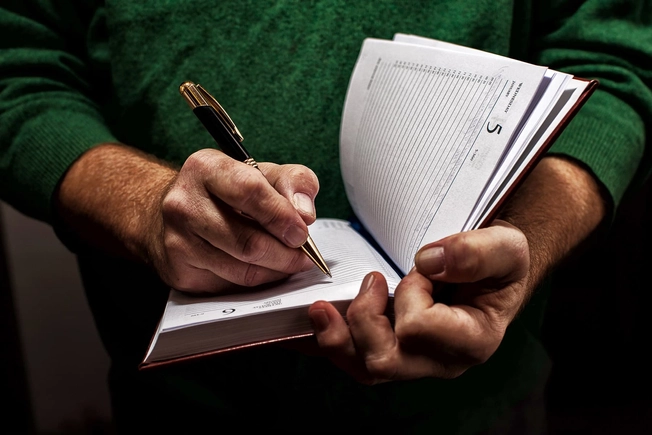
Ban the Bloat
Foods that cause gas or bloating can make it harder to breathe. Common culprits include healthy foods like beans, broccoli, and apples, as well as less healthy options like carbonated beverages and greasy fried foods. Each person reacts differently, so keep a food diary to see which foods affect you most, then steer clear of them.
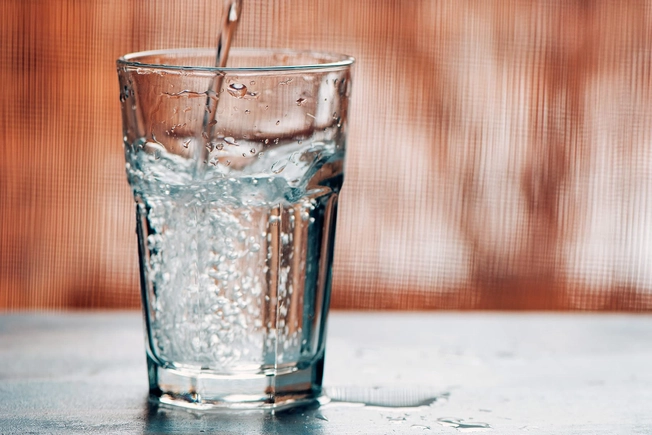
Drink More Water
It’s important to stay hydrated to keep mucus thin. Aim for six to eight 8-ounce glasses a day. If that sounds like too much, remember that any healthy, caffeine-free drink counts toward that goal, and most foods have fluid in them as well. If beverages tend to fill you up, hold off on drinking an hour before you eat so it doesn’t ruin your appetite.
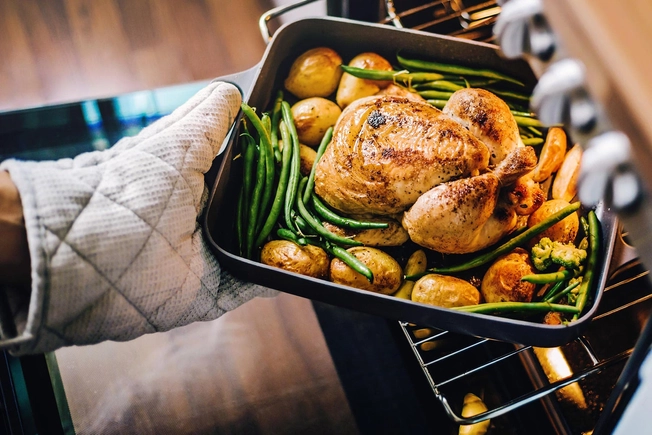
Put Nutritious Foods First
When you have COPD, you use 10 times more calories to breathe than a person who doesn’t have the disease. That can lead to unhealthy weight loss if you don’t get enough calories. If you’re often tired midway through a meal, make the most of your energy by eating the higher-calorie foods first. But don’t waste it on foods like potato chips or candy that have lots of calories without much nutrition.
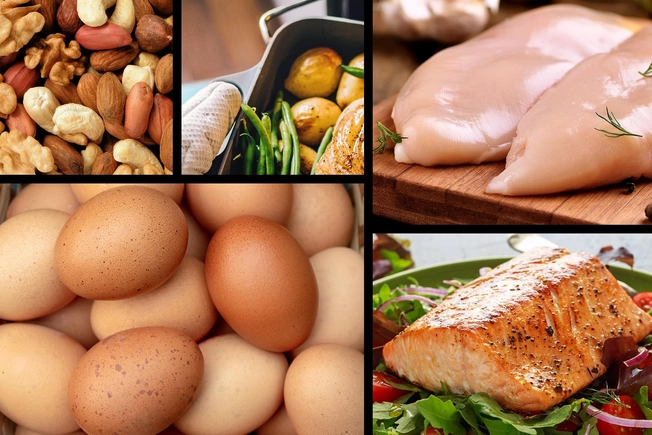
Add Protein
Protein plays an important role in everyone's diet, but that’s especially true when you have COPD. Try to eat a healthy serving at least twice a day to strengthen your breathing muscles and prevent infections. Good sources include eggs, lean meat, fish, poultry, legumes, and nuts. Sneak extra into your diet by stirring powdered milk or protein powder into soups, hot cereal, or mashed potatoes.
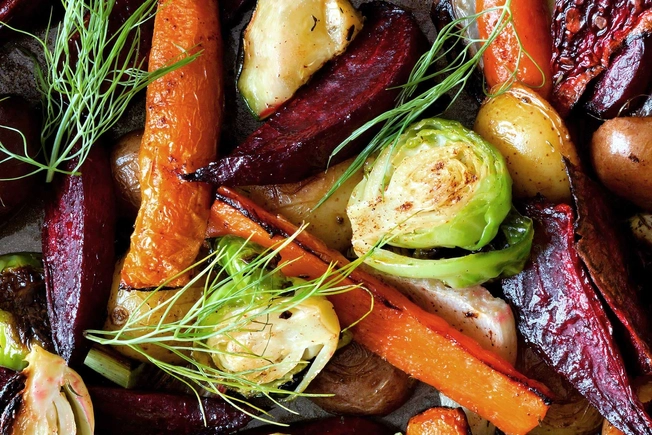
Eat More Fiber
Constipation can cause painful bloating and put extra pressure on your diaphragm. High-fiber foods like vegetables, dried legumes, bran, whole grains, rice, cereals, pasta, and fresh fruit help with digestion by moving food through your digestive tract. Aim for 20 to 35 grams of fiber per day.
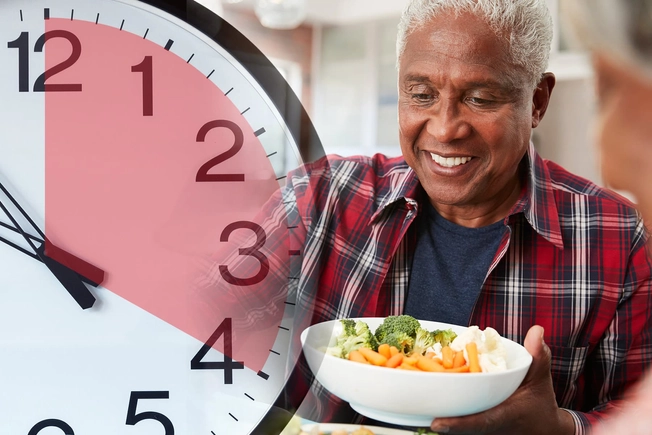
Savor Your Food
When you sit down for a meal, try to make it last at least 20 minutes. Eat slowly and chew foods well to keep from swallowing air, which can cause bloating. Put down your utensils between bites and make an effort to breathe while you eat.
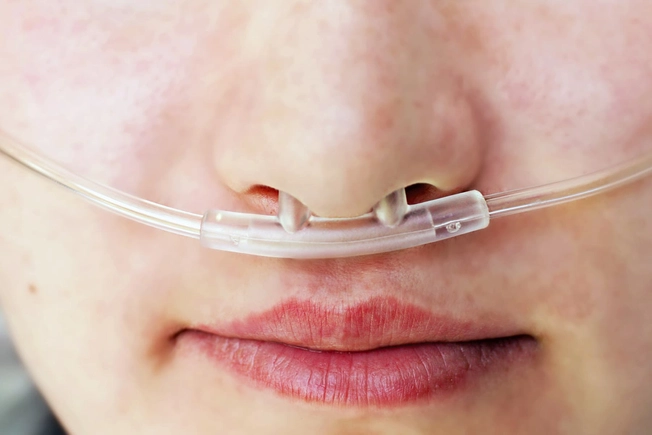
Use Supplemental Oxygen
If you have a nasal cannula, be sure to wear it while you eat to give your body the extra oxygen it needs for digestion. For safety reasons, never use oxygen while you’re cooking with an open flame.
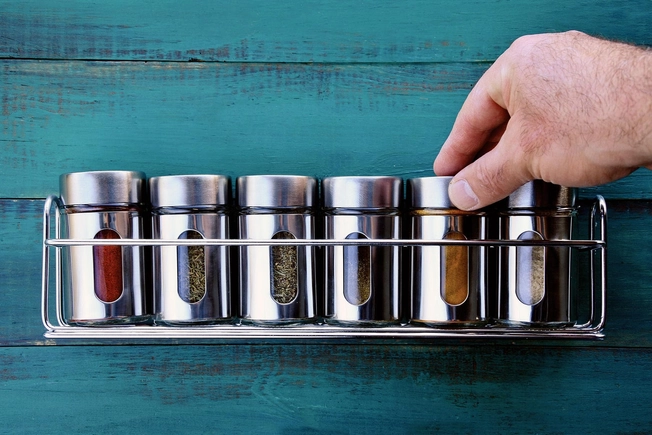
Cut Back on Salt
Too much sodium can make you hold on to fluid, and that can affect your breathing. Don’t add salt to foods while you cook, and take the shaker off your table. If you find that your food tastes bland without salt, try herbs or salt-free spices. There’s also a lot of sodium in packaged foods, so check nutritional labels and stay away from products with more than 300 milligrams of sodium a serving.
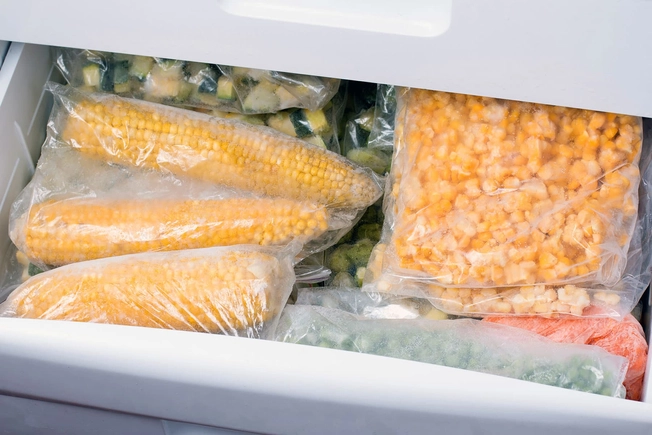
Go With Easy-to-Prepare Meals
If you use less energy to cook, you’ll have more energy to eat. Plan your meals ahead of time and choose recipes with fewer ingredients and shorter prep times. Organize your kitchen so the tools you use often are within easy reach. Keep a chair by the counter so you can sit while you prepare meals. Cook batches of foods that freeze well and reheat them on days you feel extra tired.
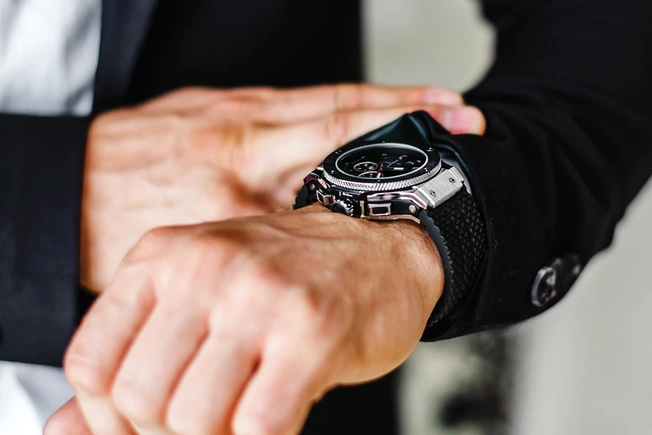
Rethink Meal Times
Schedule your meals around the times you have the most energy. If you tend to get tired at 5 p.m., move your dinnertime up an hour. And dinner doesn’t have to be your main meal of the day. If your energy level dips as the day goes on, plan to eat more at breakfast.

Try Breathing Techniques
If you have shortness of breath while you eat, pursed lip breathing can help get you through your meal. Relax your shoulders, then with your mouth closed, take a normal breath in through your nose for 2 seconds. Pucker your lips as if you are about to blow out a candle. Breathe out through your mouth slowly for 4 seconds.